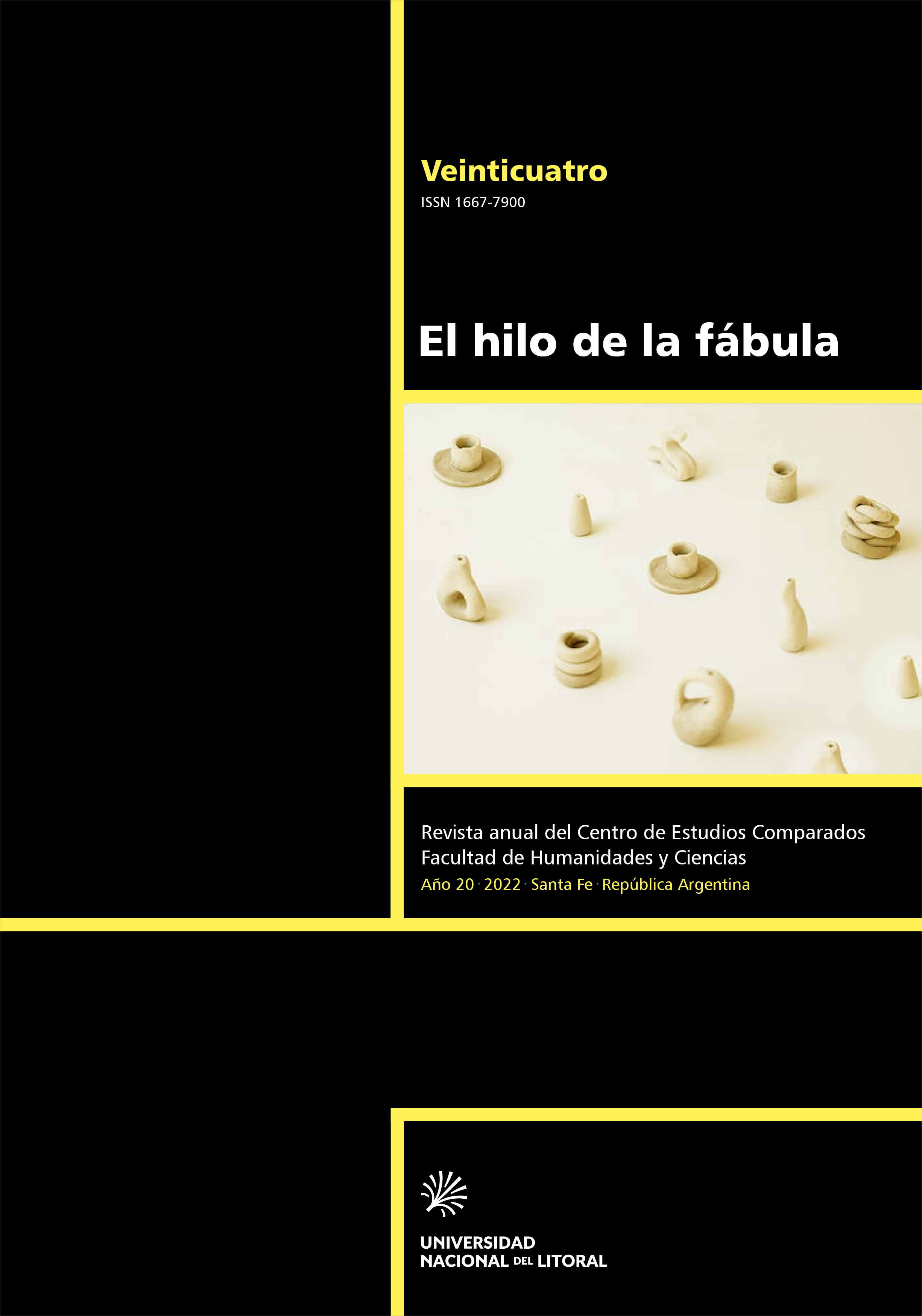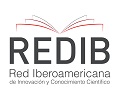“Now once again”, about the edition of the book-object Ἔρως/Eros políglota. Lenguas, traducción y sentido de un dios antiguo
DOI:
https://doi.org/10.14409/hf.20.24.e0026Keywords:
Eros, Translation, greek archaic and classic literature, edition, book-objectAbstract
Throughout the history of Occidental thinking, love and its effect have been among the most explored subjects. The Ancient Greeks built a whole imaginary around the god Eros and how he affects people, but it was the current relevance of this imaginary that brought us to write the book Eros Políglota. Lenguas, traducción y sentido de un dios antiguo. The paper below addresses the methodology we applied to write the book, and is presented in two sections: first, we explore how the Greek language builds the erotic experience and describes the god Eros during the Archaic and Classic Greece, and how the building of that experience is still relevant nowadays. Secondly we focus on the «book-object» as the form we choose for our book, the reason why we decided to go that way and how the decision is related to the original passages we translated. We suggest that: i) The power of the Greek imaginary over Eros is built from the language in the expressions, grammar, metrics and rhetoric developed by the authors we translated; ii) The decision to use a book-object in the form of a capsa as a reading proposal responds to the interest of accommodating a multiplicity of meanings that are best suited in this format to our selection and translation project.
References
Bajtín, Mijaíl Mijáilovich (1998). Estética de la creación verbal. (Traducción de Tatiana Bubnova). Siglo XXI Editores.
Barthes, Roland (2014). Fragmentos de un discurso amoroso (Traducción de Eduardo Molina) Siglo XXI Editores.
Berman, Antoine (1999). La Traduction et la lettre ou l’Auberge du lointain. Seuil. Berman, A. (2014). La traducción y la letra o el albergue de lo lejano. (Traducción de Ignacio Rodríguez). Dedalus.
Burnet, Ioannes (1901). Platonis. Opera, vol. 2. Phaedrus. Clarendon Press.
Burnet, Ioannes (1901). Platonis. Opera, vol. 2. Symposium. Clarendon Press.
Carson, Anne (2015). Eros el dulce-amargo. (Traducción de Mirta Rosemberg y Silvina López Medin). Fiordo.
Carson, Anne (2019). Flota. (Traducción de Jordi Doce y Andrés Catalán). Cielo eléctrico.
Cassin, Barbara (2019). Elogio de la traducción. Complicar el universal. (Traducción de Irene Agoff). El cuenco de plata.
Chialva, Ivana Selene; Rivera, Paloma; Routier, Pablo Martín; Aguilar, Lucía y Franco Lujan (en prensa). Ἔρως/Eros políglota. Lenguas, traducción y sentidos de un dios antiguo, Ediciones UNL.
Cortázar, Julio (2016). Rayuela. Alfaguara.
Dain, Alphonse. (1967). Sophocle, Tragédies, Vol. 1. Antigone. Les Belles Lettres.
Goldhill, Simon. (2008). The end of the Dialogue in Antiquity. Cambridge University Press.
Graves, Robert. (2011). Los mitos griegos 1 (Traducción de Esther Gómez Parro). Alianza.
Kirk, C. S. y Raven, J. E. (1957). The presocratic philosophers. Cambridge University Press.
Lujan, Franco (en prensa). “¿Quién es Fedro? Estructura discursiva y análisis filosófico en torno al personaje de la obra platónica”. Revista de la Asociación Argentina de Estudios Clásicos Argos (47).
Lobel, Edgar y Page, D. L. (1955) Poetarum Lesbiorum fragmenta. Clarendon Press.
Murray, Gilbert. (1966). Euripidis. Fabulae, vol. 1. Hippolytus. Clarendon Press.
Neri, Camillo. (2021). Saffo, testimonianze e frammenti. De Gruyter.
Nietzsche, Friedrich Wilhellm. (2020). “La relación del discurso de Alcibíades con los otros discursos del Banquete platónico”, en Nietzsche: crítica de la moral (Campioni Giuliano). (Traducción de Sergio Sánchez). Brujas.
Nietzsche, Friedrich Wilhellm. (1973). El nacimiento de la tragedia. (Traducción de Andrés Sánchez Pascual). Alianza.
Ortega Gutiérrez, David. (1999). “Los valores de la polis en la sofística y en Platón”, Anales del Seminario de Historia de la Filosofía, n°16, pp. 57-83.
Page, D. L. (1962). Poetae Melici Graeci. Clarendon Press.
Platón (2009). Banquete, (prólogo Soares Lucas, traducción y notas Mársico Claudia). Miluno Editores.
Rodríguez Adrados, Francisco (1996). Sociedad, amor y poesía en la Grecia antigua. Alianza.
Szlezák, Thomas A. (1997). Leer a Platón. Alianza.
Todd, Stephen. C. (2005). “Law, Theater, Rhetoric and Democracy in Classical Athens”, Taylor and Francis Group Ltd.
West, M.L. (1971). Iambi et elegi Graeci, vol. 1. Clarendon Press.
Published
How to Cite
Issue
Section
License
Copyright (c) 2022 El Hilo de la Fabula

This work is licensed under a Creative Commons Attribution-NonCommercial-ShareAlike 4.0 International License.












